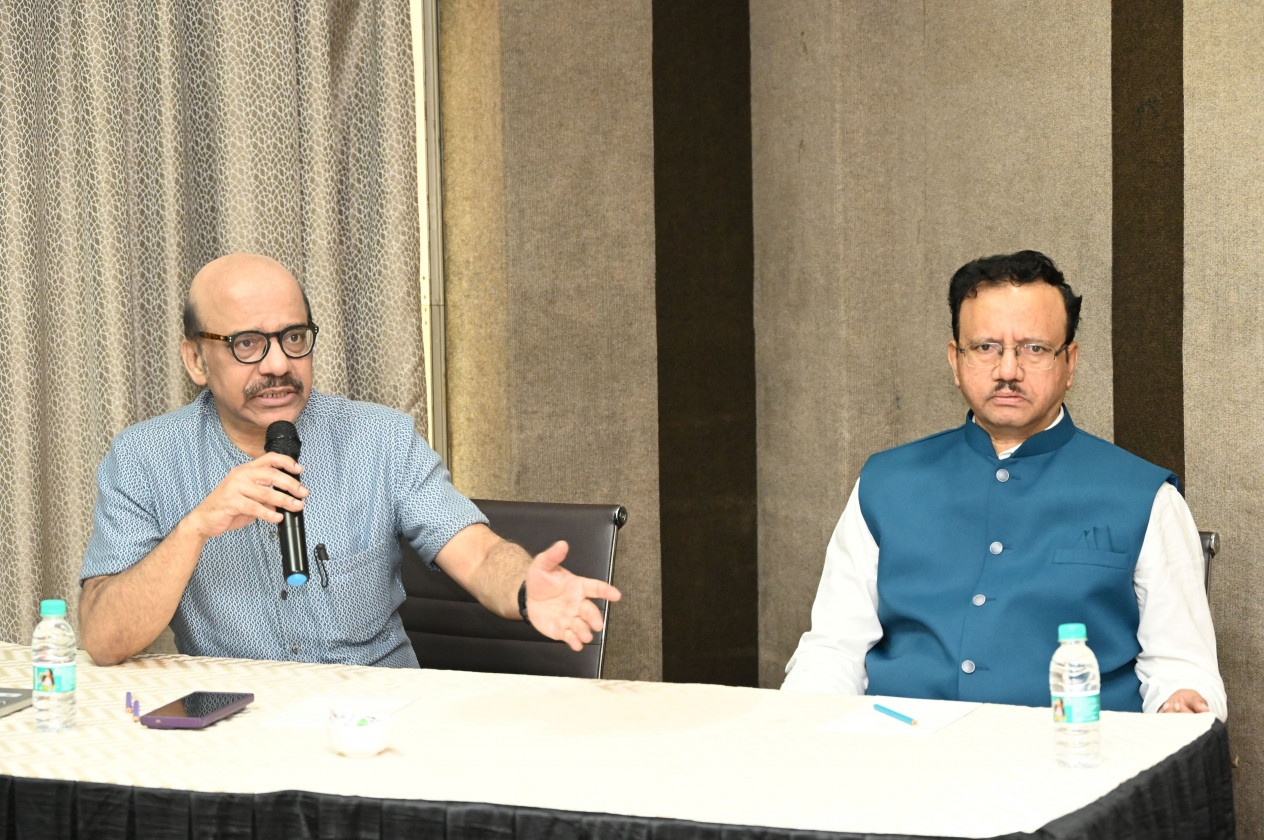Hyderabad's Climate Increases Risk of Dehydration, Experts Warn

As summer approaches, rising temperatures are creating a conducive environment for the spread of infectious diseases, making dehydration a growing concern. Experts caution that dehydration often develops unnoticed, leading to severe health complications if left untreated. While dehydration is commonly associated with intense thirst, it can also occur subtly in the form of silent dehydration, which remains undetected until symptoms worsen. Additionally, diarrheal dehydration, caused by infections or gastrointestinal issues, poses life-threatening risks, particularly for vulnerable populations such as children, the elderly, and individuals with pre-existing health conditions.
Hyderabad's hot climate and semi-arid geographical features exacerbate the risk of dehydration. Prolonged exposure to heat, occasional water scarcity, and inadequate fluid intake contribute to an increased likelihood of dehydration-related health issues. Medical professionals emphasize the need for awareness regarding the various causes, symptoms, and solutions for dehydration to ensure timely intervention and recovery.
Silent Dehydration: A Hidden Threat
Dr. B. Ravinder Reddy, Senior Consultant and Gastrointestinal Surgeon at Care Hospital, Hyderabad, highlights the dangers of silent dehydration. “Silent dehydration occurs when the body loses fluids and essential electrolytes without triggering the usual warning signs like intense thirst. This is especially concerning for individuals with diabetes, who may already experience fluid imbalances due to high blood sugar levels,” he explains.
He further states that several factors, including inadequate fluid intake, strenuous exercise, high temperatures, alcohol consumption, fever, nausea, and vomiting, can increase the risk of dehydration and electrolyte imbalance. “Even mild dehydration can impair cognitive function and kidney health. To manage and prevent silent dehydration, electrolyte-based hydration solutions are preferred over plain water. Electrolytes such as sodium, potassium, and magnesium help maintain cellular balance and prevent fluid imbalances,” Dr. Reddy adds. He advises individuals, particularly those with diabetes, to incorporate electrolyte-rich, low-sugar beverages into their daily routine to maintain hydration and overall health.
Diarrheal Dehydration: A Major Public Health Concern
Diarrheal dehydration remains a significant health risk, especially in children. Dr. C. Suresh Kumar, Professor of Pediatrics at RVM Medical College, explains, “Diarrheal dehydration occurs due to rapid fluid loss caused by infections, food poisoning, or gastrointestinal disorders. Unlike silent dehydration, its effects are sudden and severe, leading to a significant drop in blood volume and essential nutrients. If left untreated, it can result in complications such as shock, organ failure, or even death.”
Dr. Kumar emphasizes that the World Health Organization (WHO) recommends Oral Rehydration Salts (ORS) as the gold standard for managing diarrheal dehydration. “ORS is a scientifically formulated mix of electrolytes and glucose that ensures optimal fluid absorption and replenishes lost fluids and electrolytes. Administering ORS at the earliest signs of diarrhea is crucial to preventing severe dehydration. Continued feeding, as advised by healthcare professionals, and zinc supplementation can also aid in faster recovery.”
He further notes that many people make errors when preparing powdered ORS, leading to incorrect osmolality and reduced effectiveness. “If unsure about the correct preparation method, it is best to opt for ready-to-drink ORS formulations,” he suggests. Raising public awareness about ORS and early intervention can significantly reduce the burden of diarrheal diseases.
Expert Recommendations for Hydration and Prevention
With the onset of summer, healthcare professionals stress the importance of staying vigilant about dehydration and adopting appropriate measures for prevention and treatment. Whether managing silent dehydration through electrolyte-based solutions or addressing diarrheal dehydration with WHO-recommended ORS formulations, timely intervention is crucial.
Experts advise residents to maintain adequate hydration, especially during hot weather, and seek medical guidance when necessary. Public awareness campaigns and proactive hydration practices can play a vital role in safeguarding public health during the summer season.
About the author

Related Posts
Post Comment
Latest News
 Pioneer to Begin Manufacturing In-Car Products in India
Pioneer to Begin Manufacturing In-Car Products in India







.jpg)





Comment List